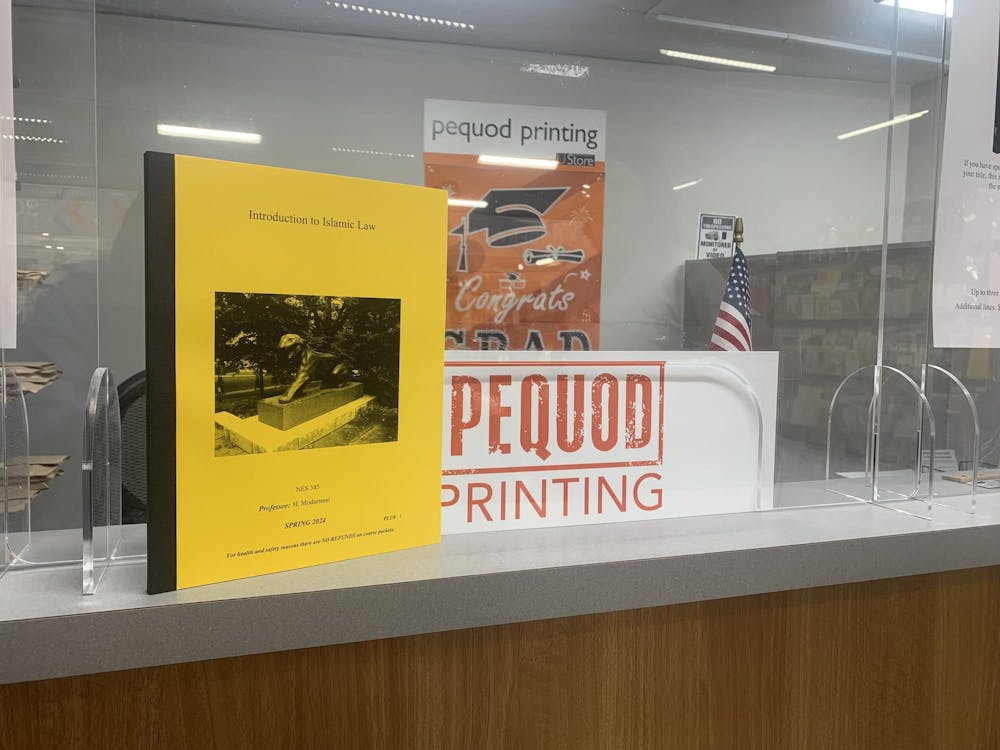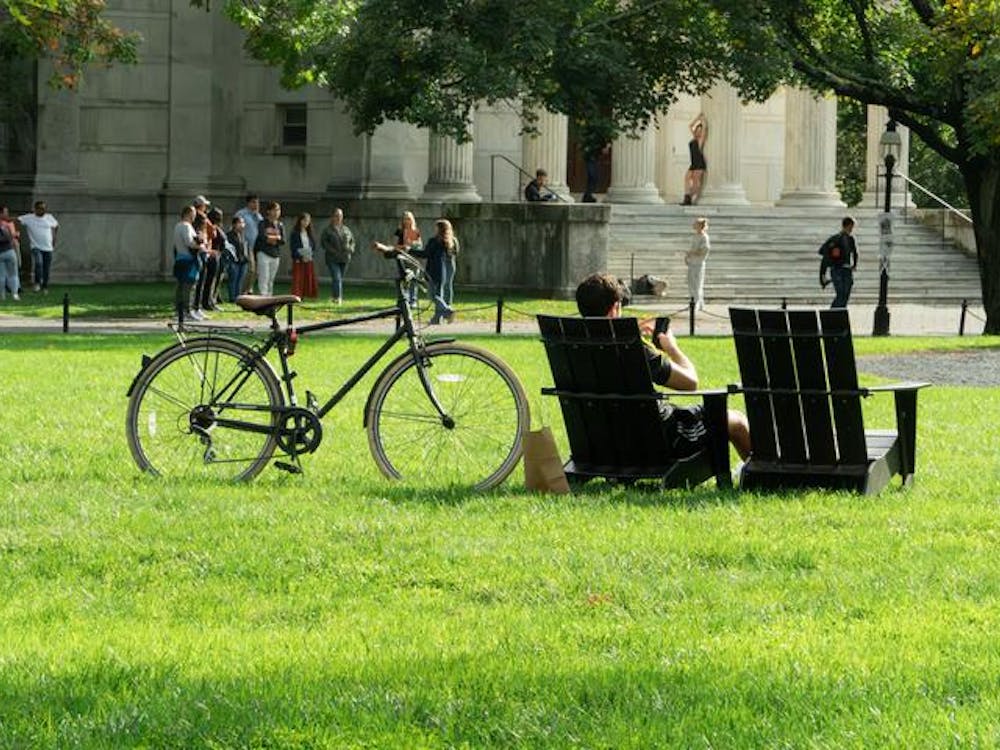Last week, USG held its spring elections. They gave students the opportunity to vote on U-Councilors, class government positions and referenda on divesting from private prisons and creating a task force on disciplinary reforms. Neither referendum met the one-third turnout threshold required for the results to be considered, and voter turnout across all elections was low with participation rates between about 30% and 40% for each class in class elections. As a result, the Board calls on USG to reform its referendum policies by informing students of the referendum proposal deadline earlier, extending the referendum campaign time to two weeks and clarifying campaign opportunities for opposition groups and individuals. The Board believes these reforms will help USG promote informed voting and encourage voter participation.
Last week’s elections were the first to occur since USG reformed its referendum policies last winter. The new referendum process entails students proposing referenda to the USG by filling out a proposal form, the USG then evaluating referendum proposals to ensure clear and neutral wording and students campaigning for, or against, referenda one week before voting begins. One-third of the student body must vote on the referenda in order for the votes to count.
Though some of these reforms made important improvements in the process, USG should make further changes to the referendum process to improve the effectiveness of the process. This election, students were not informed of the referendum proposal deadline until ten days prior, in a Mar. 4th USG email. We believe it would be beneficial for students to be informed of the deadline two or three weeks prior and encourage USG to do so during future elections. This would provide students, particularly underclassmen unfamiliar with the process and upperclassmen who are busy with independent work, time to organize and submit a referendum proposal. USG should also advertize the referendum process better through residential college listservs and campus-wide emails. Once a referendum proposal is accepted, advocates and opponents should be given two weeks to campaign, as opposed to the current one week.USG also states that the Institutional Research Office must approve the referenda and check it for “neutral wording and clarity.” However, it remains unclear what standards are used in the approval process and, because of this, the Board urges USG to be more transparent about this process. This will ensure that students properly understand how their referenda are being evaluated. A longer campaign period for approved referenda will allow for a more robust campus discussion of the issue in question and better inform students prior to voting. Finally, rules regarding opposition groups and individual campaigning should be clarified. Currently, USG’s referendum policies refer only to policies regarding formal opposition groups, perhaps leaving students uncertain of what actions they may take as individuals separate from the formal opposition or sponsoring groups. In order to promote maximum student involvement and thus increased interest and voting in referenda, the Board suggests USG clearly advertise and even encourage that, even in the absence of a formal opposition group, students may continue to campaign in opposition to referenda through individual actions such as sending a personal email to a listserv.
When it comes to actually voting in these elections, several changes to the process could have improved its efficiency and effectiveness. First, the three separate ballots (one for each referendum and one for class officer elections) should have been integrated into one. With the three ballot system, students had to log in each time they wanted to access a new ballot, something that potentially decreased the number of votes cast because logging in multiple times is frustrating and time consuming. Though the Board recognizes that USG likely made this choice to make it easier for students to abstain, we believe that a better solution would be an “abstain” button for referenda on the integrated ballot. We also encourage that the pro/con statements issued by the groups formally advocating or opposing a particular measure be put directly on the ballot. Since they could only be accessed by copy/pasting a Google Docs link, it is unlikely that a high number of students looked at them. By putting the statements directly on the ballot, USG would be encouraging informed voting by helping students easily view both sides of the issue.
USG has done substantial work in the last year to reform the referendum process. However, we believe that they must continue to improve this process to ensure that the system is as accessible and effective as possible. Furthermore, we believe that overhauling the voting system is necessary if USG wants to promote voter participation and informed voting.
Paul Draper '18 recused himself from the writing of this editorial.
TheEditorial Boardis an independent body and decides its opinions separately from the regular staff and editors of The Daily Princetonian. The Board answers only to its Chair, the Opinion Editor and the Editor-in-Chief.







